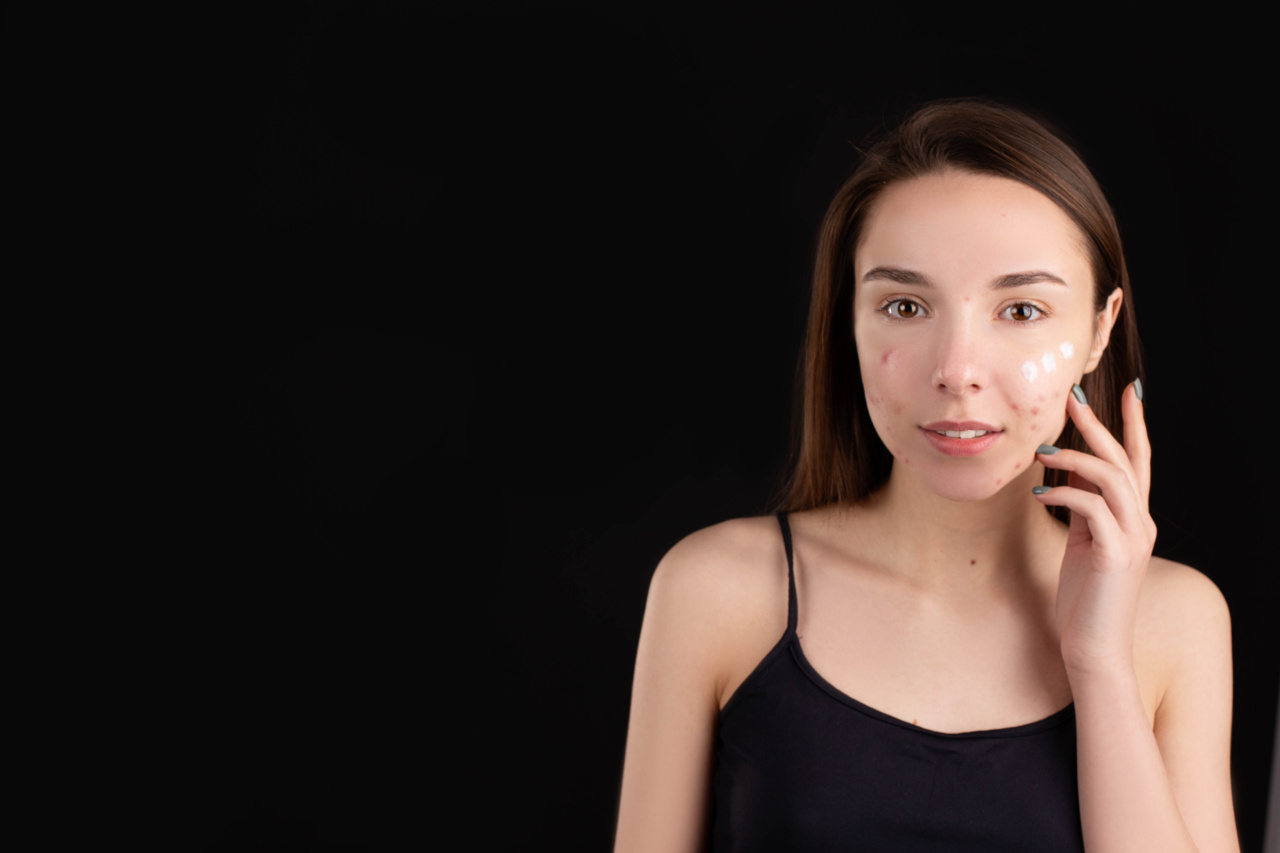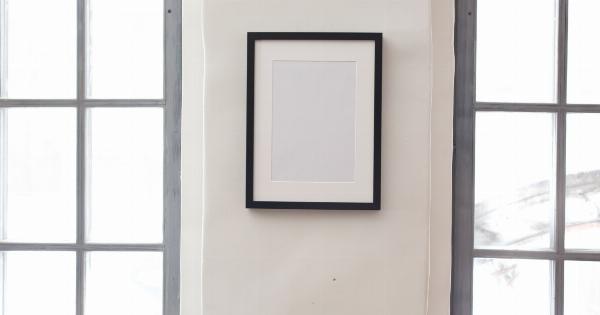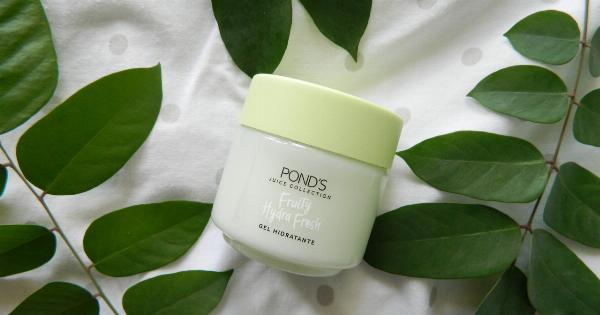Having clear skin is a dream for many people. Acne, black spots, and pimples can make us feel self-conscious and uncomfortable in our own skin.
Fortunately, there are many formulas and treatments available today that can help us achieve the clear and even-toned skin we desire. In this article, we will explore some of the most effective ways to get rid of pimples and black spots and achieve a clear and glowing complexion.
1. Understanding the Causes of Acne
Before we can effectively treat acne and black spots, we need to understand the underlying causes. Acne is caused by a combination of factors, including overproduction of oil and clogged pores.
Hormonal imbalances, stress, and certain medications can also contribute to acne. Black spots, on the other hand, are caused by the accumulation of melanin, a pigment that gives our skin its color, in the pores.
2. Adopting a Skincare Routine
The first step in achieving clear skin is to establish a daily skincare routine that includes cleansing, exfoliating, and moisturizing.
Cleansing removes dirt, oil, and makeup from the skin, while exfoliating helps to remove dead skin cells and unclog pores. Moisturizing helps to keep the skin hydrated and prevent dryness, which can lead to overproduction of oil.
When choosing skincare products, look for those that are specifically formulated for acne-prone skin and contain salicylic acid, benzoyl peroxide, or retinoids, which are all effective in treating acne.
3. Treating Acne and Black Spots with Topical Products
Topical treatments are an effective way to treat both acne and black spots. Products that contain benzoyl peroxide, salicylic acid, or retinoids can help to unclog pores and reduce the appearance of acne and black spots.
It’s important to note that these products can be drying, so it’s important to follow up with a moisturizer to prevent dryness.
4. Incorporating Chemical Peels
Chemical peels are a more aggressive treatment option for acne and black spots. They work by removing the outer layer of skin, which can help to reduce the appearance of acne and black spots.
Chemical peels can be done at a dermatologist’s office or at home using over-the-counter peels. It’s important to follow the instructions carefully and to avoid overusing peels, as they can cause irritation and redness.
5. Trying Laser Treatments
Laser treatments are another option for treating acne and black spots. They work by targeting the pigment in the skin, which can reduce the appearance of black spots.
Laser treatments can also help to reduce the production of oil in the skin, which can help to prevent acne. Laser treatments should be done by a trained professional and may require multiple sessions to achieve the desired results.
6. Changing Your Diet
While there is no direct link between diet and acne, some studies suggest that certain foods may contribute to acne.
Foods that are high in sugar and refined carbohydrates, such as white bread and pasta, have been shown to increase the production of oil in the skin, which can lead to acne. Other studies suggest that foods high in omega-3 fatty acids, such as salmon and walnuts, may help to reduce inflammation in the skin and prevent acne.
7. Managing Stress
Stress can also contribute to acne and black spots. When we are stressed, our bodies produce hormones that can trigger the production of oil in the skin, which can lead to acne.
Finding healthy ways to manage stress, such as exercise, meditation, or yoga, can help to reduce the production of oil in the skin and prevent acne.
8. Considering Prescription Medications
If over-the-counter treatments are not effective in treating acne and black spots, prescription medications may be necessary. Medications such as antibiotics, birth control pills, and spironolactone can all be effective in treating acne.
These medications should be used under the supervision of a dermatologist and may have side effects.
9. Protecting Your Skin from the Sun
Exposure to the sun’s UV rays can make acne and black spots worse. It’s important to protect your skin from the sun by wearing protective clothing and using sunscreen with a minimum SPF of 30.
Look for sunscreens that are oil-free and non-comedogenic, which means they won’t clog pores.
10. Consulting with a Dermatologist
If you are struggling with acne and black spots, it’s important to consult with a dermatologist. A dermatologist can provide a personalized treatment plan to help you achieve clearer skin.
They can also provide recommendations for skincare products and treatments that are specific to your skin type and needs.
Conclusion
Clearer skin is within reach with the right formula and treatment plan.
By adopting a daily skincare routine, incorporating topical treatments and chemical peels, managing stress, and protecting your skin from the sun, you can reduce the appearance of acne and black spots. When all else fails, consulting with a dermatologist can provide personalized treatment options to help you achieve clear and glowing skin.




























